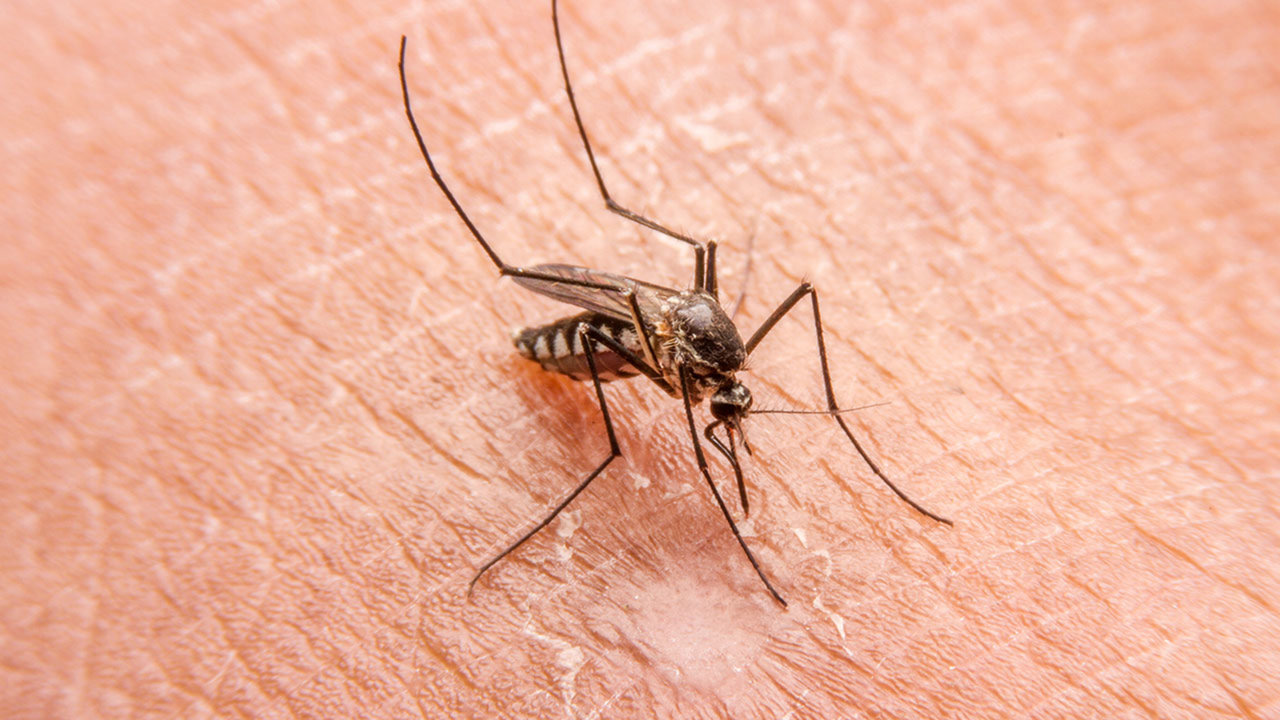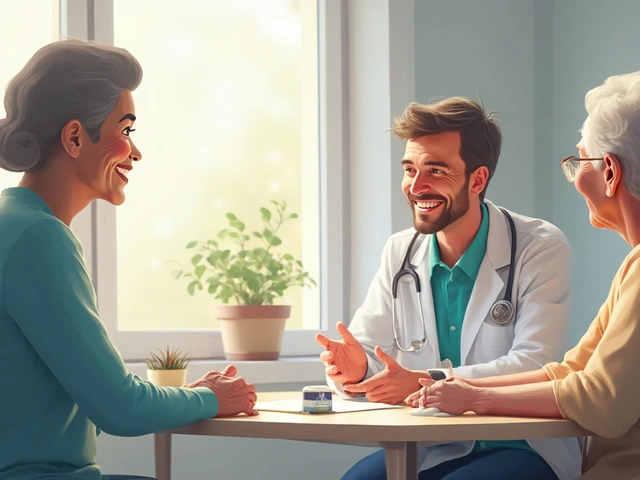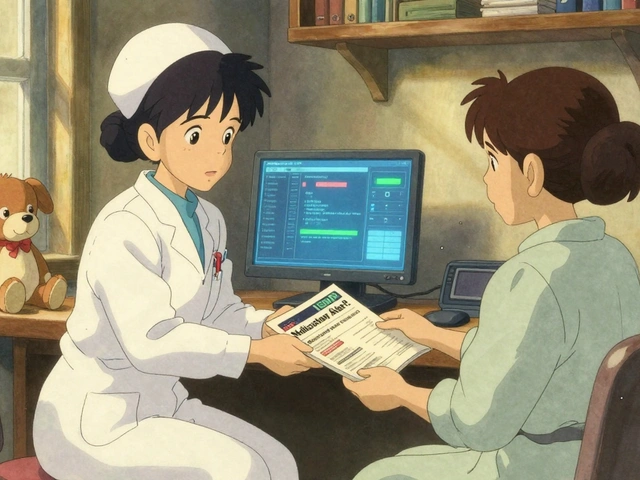
Understanding Insect Bites and Stings
Insect bites and stings are common occurrences, particularly during the warmer months when we spend more time outdoors. They can cause a variety of reactions, from mild irritation and itchiness to severe allergic reactions. In most cases, these bites and stings are harmless and only cause temporary discomfort. However, for some people, they can trigger a severe allergic reaction that requires immediate medical attention. Understanding the source of these bites and stings can help us better manage and treat the resulting skin irritations.
Identifying Common Insects and Their Bites
One of the first steps in treating skin irritations caused by insect bites and stings is to identify the culprit. Different insects can cause different reactions. For instance, mosquito bites often cause small, itchy bumps, while spider bites can lead to pain, redness, and sometimes more serious symptoms. Similarly, a bee or wasp sting can result in intense pain and swelling. By knowing what bit or stung you, you can better direct your treatment efforts and potentially prevent future bites.
Immediate Care for Insect Bites and Stings
As soon as you're bitten or stung, there are several steps you can take to minimize discomfort and reduce the risk of infection. First, if the insect has left a stinger in your skin, like a bee, it is important to remove it as quickly as possible to limit the amount of venom released. You should then wash the area with soap and water. Applying a cold compress can help reduce swelling and ease pain. Over-the-counter creams and ointments can also provide relief from itching and inflammation.
When to Seek Medical Attention
While most insect bites and stings can be treated at home, there are times when it's necessary to seek medical attention. Signs that you should see a doctor include difficulty breathing, swelling of the lips, eyelids, or throat, dizziness, a rapid heartbeat, or hives. These could be signs of a severe allergic reaction, known as anaphylaxis, which is a medical emergency. Additionally, if the bite or sting site becomes increasingly painful or develops signs of infection like redness, warmth, and pus, it's time to get medical help.
Preventing Insect Bites and Stings
Prevention is always better than cure. There are several measures you can take to reduce your risk of insect bites and stings. These include wearing long-sleeved shirts and long pants when in areas with many insects, using insect repellent, and avoiding perfumes or scented lotions that can attract bugs. It's also important to be cautious when eating or drinking outdoors, as food and sweet drinks can attract bees and wasps. By taking these precautions, you can enjoy your time outdoors while minimizing your risk of uncomfortable and potentially dangerous insect bites and stings.
17 Comments
Write a comment
More Articles

Chloromycetin: Uses, Dosage, Side Effects & Safety Guide
A clear, up‑to‑date guide on Chloromycetin covering what it is, how it works, proper dosing, common side effects, safety tips and FAQs for patients and caregivers.

How to Follow Professional Society Safety Updates on Medications
Learn how to track critical medication safety updates from ISMP, FDA, ASHP, and WHO. Get practical steps to avoid preventable errors and protect patients without being overwhelmed by information.

Arrhythmias and Left Ventricular Failure: Understanding the Link
Exploring the crucial link between arrhythmias and left ventricular failure, this article delves into how irregular heartbeats can impact heart function. It provides insights on identifying symptoms, understanding underlying causes, and emphasizes the importance of timely medical intervention. Practical tips are shared for managing related conditions, focusing on lifestyle changes to support cardiac health. Recognizing and addressing these heart issues is vital for maintaining overall well-being.

Ryan Tanner
July 13, 2023 AT 14:07I just got bit by a mosquito last night and slapped some aloe vera on it. Best thing ever. 🌿✨